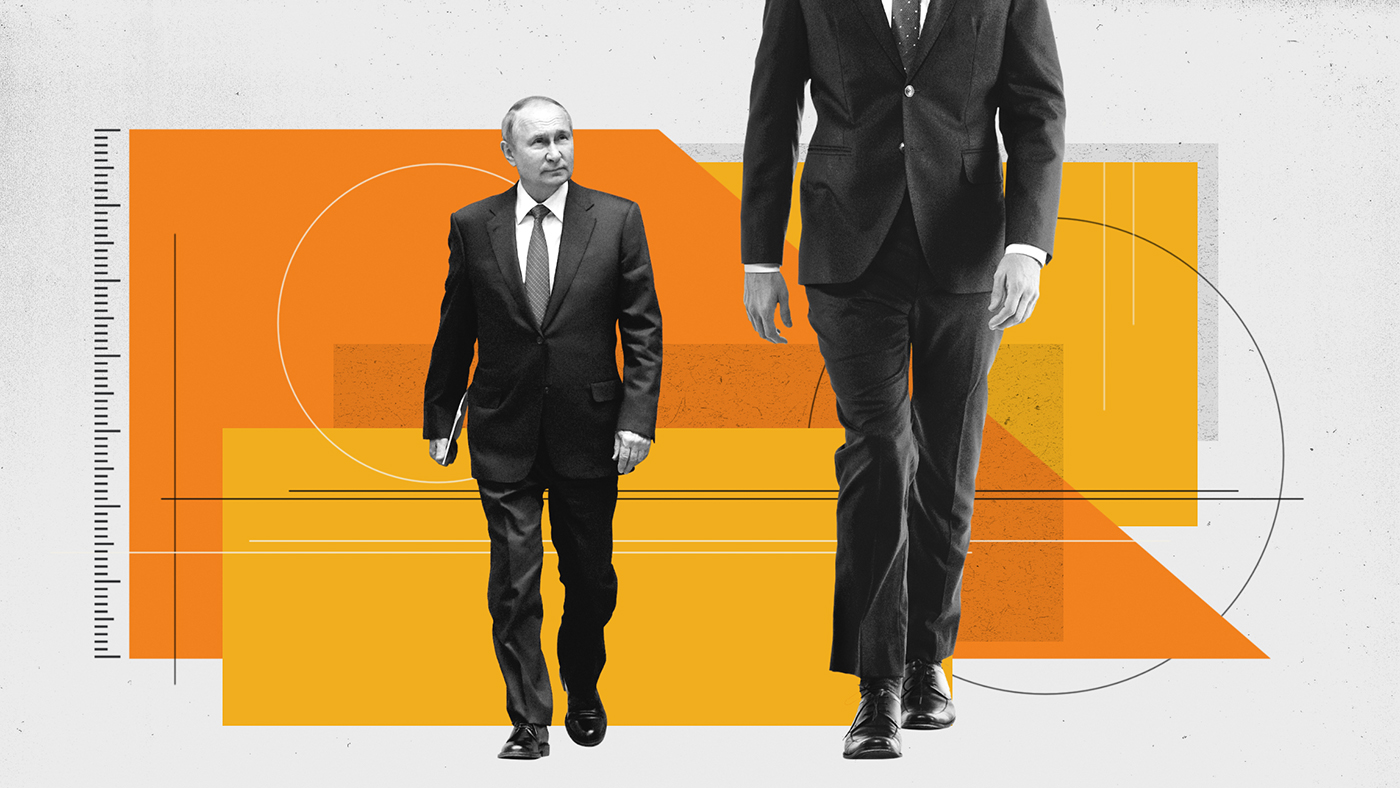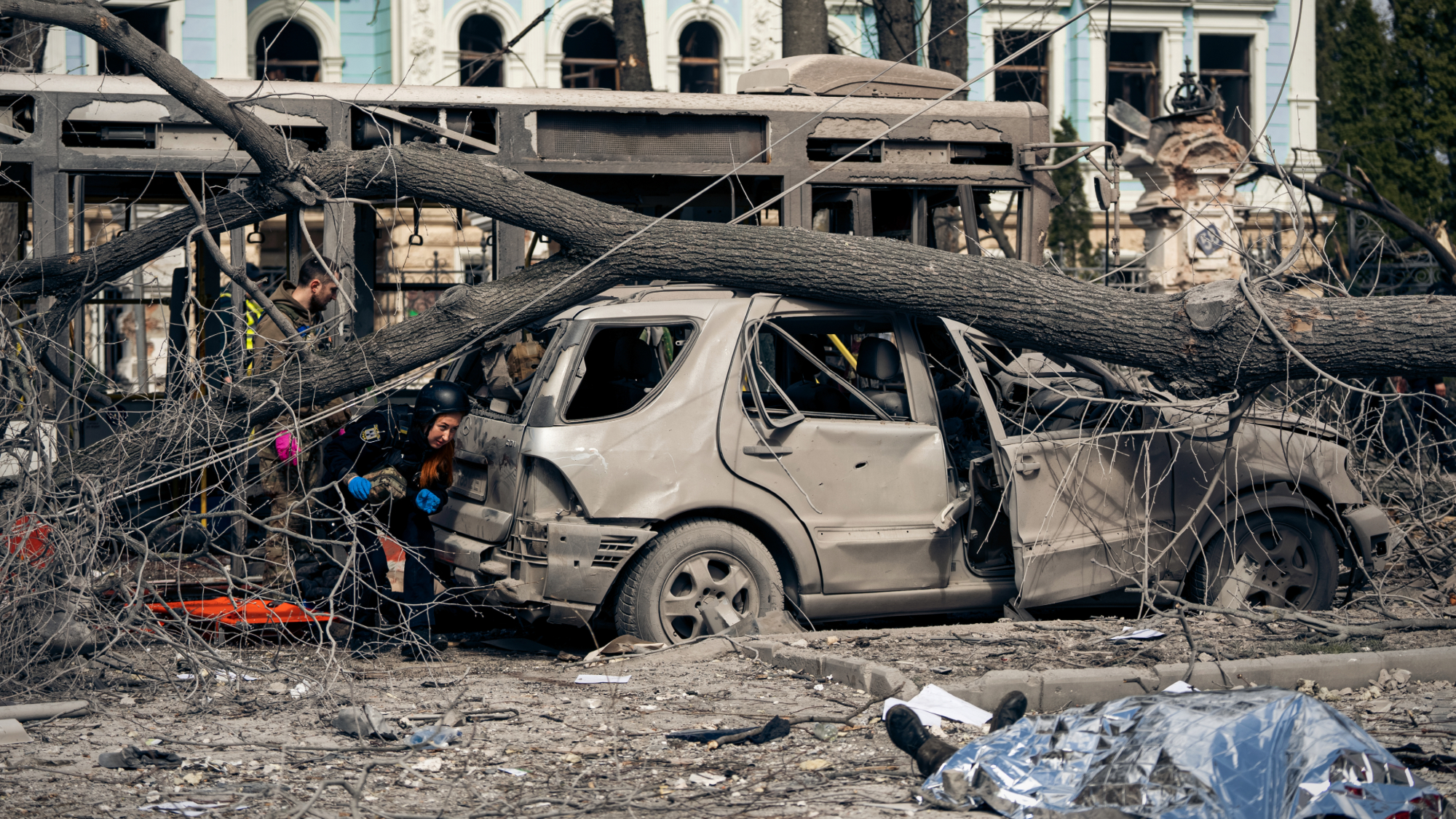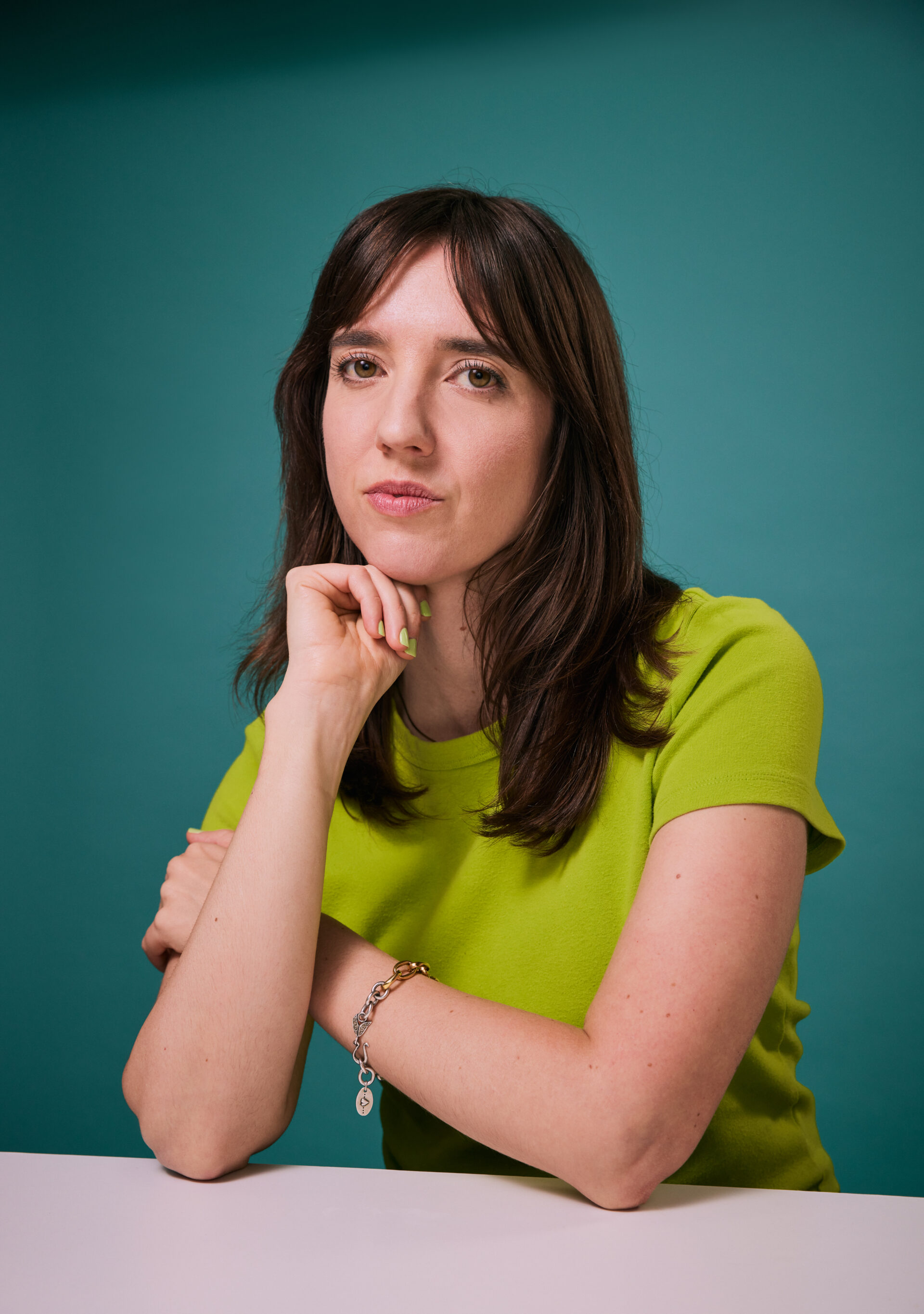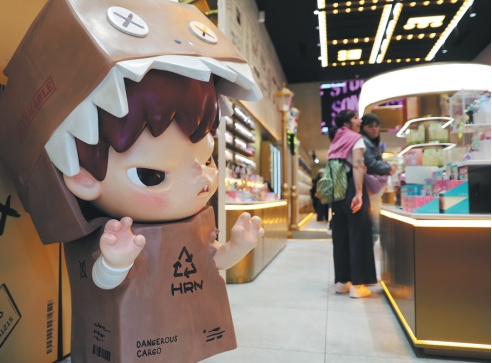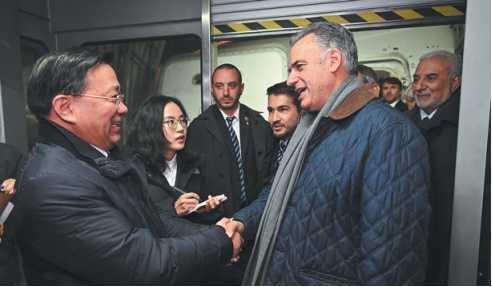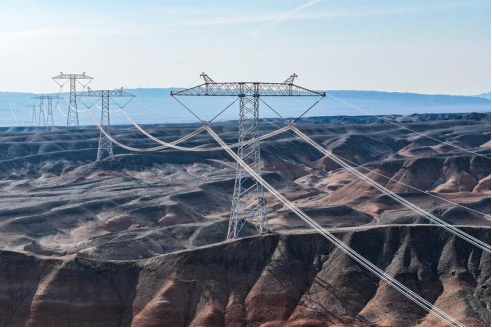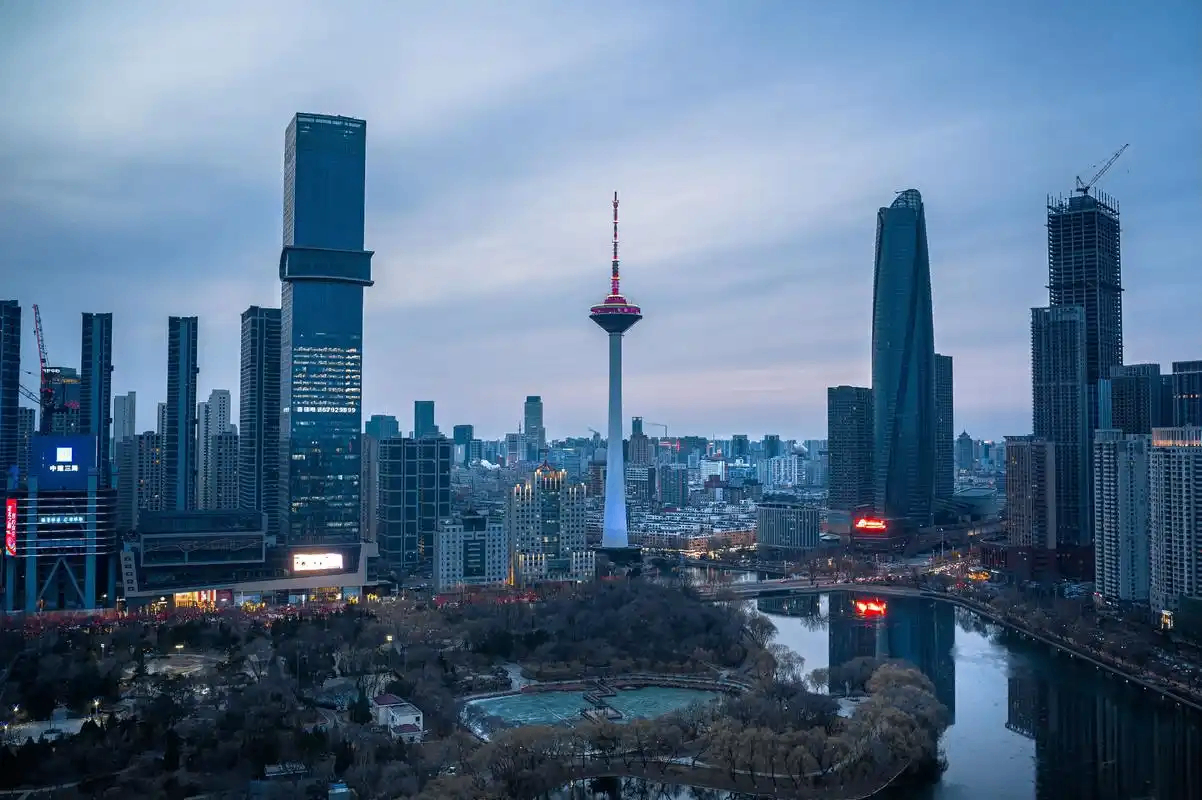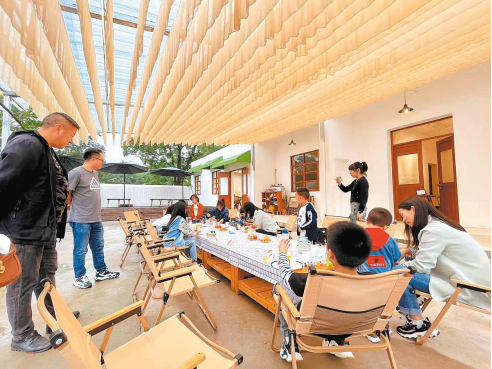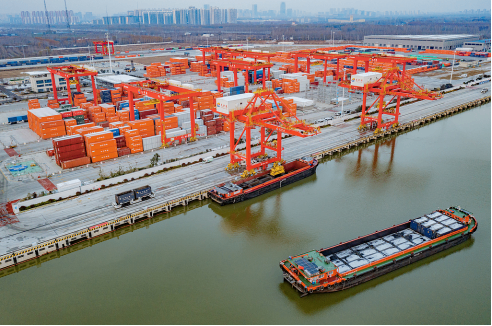Vladimir Putin earns a relatively modest annual salary of $140,000, according to official documents from the Kremlin.
The Russian president is also supposedly living the life of a "humble statesman", with declared assets that include an "800-square foot apartment, a trailer, and three cars", said Fortune.
But some experts believe the 72-year-old is one of the wealthiest people on earth, with potentially billions in undisclosed income and assets.
Another theory, said Forbes, is that Putin helps friends and family "become rich by awarding them government contracts or ownership in businesses", and in return receives "kickbacks of cash or stakes in the companies". It's akin to a "mafia structure" – capos "in perpetual debt to the boss". "They do the dirty work, he takes a cut."
It's also suggested that perhaps Putin has "little money of his own" but "simply likes people to think he does", said Forbes. Putin's iron-fisted grip on power means he may simply not "need personal wealth"; the "appearance of having it" is enough.
What is Putin's net worth?
The Russian president is worth up to $200 billion, according to financier Bill Browder. Once the largest foreign investor in Russia, Browder testified in 2017 that Putin's wealth was amassed after the Russian oligarch Mikhail Khodorkovsky was jailed in 2003 for fraud and tax evasion. "After Khodorkovsky's conviction, the other oligarchs went to Putin and asked him what they needed to do to avoid sitting in the same cage as Khodorkovsky," Browder told the US Senate Judiciary Committee. "From what followed, it appeared that Putin's answer was, '50%.'" That $200 billion estimate would make Putin one of the richest people in the world, behind Elon Musk and Amazon boss Jeff Bezos, and above Meta CEO Mark Zuckerberg. Putin is often photographed wearing "high-end luxury watches" that retail "for multiple times his supposed annual income", said Fortune. He is also rumoured to be the owner of numerous homes and hundreds of cars, as well as dozens of aircraft and helicopters. His "lavish lifestyle" is regularly "on display" said the UK Foreign Office in 2022, after the war with Ukraine broke out and the new sanctions on Russia were announced. The department said it had exposed links to a £566 million yacht and and the $1 billion so-called ''Putin's Palace', officially owned by close associate, Arkady Rotenberg".How did he amass his fortune?
Where Putin's wealth has come from publicly remains somewhat of a mystery. One theory is that he has "strongarmed Russia's oligarchs" into handing over cash and shares in companies, "threatening them with arrest or worse" should they refuse, said CNN. "The wealth came as a result of extortion and massive theft from state funds," Browder told the broadcaster in 2018. Putin's Russia has been described by Transparency International as a kleptocracy – or "rule by thieves".Another theory, said Forbes, is that Putin helps friends and family "become rich by awarding them government contracts or ownership in businesses", and in return receives "kickbacks of cash or stakes in the companies". It's akin to a "mafia structure" – capos "in perpetual debt to the boss". "They do the dirty work, he takes a cut."
How has he hidden his money?
Tracking Putin's wealth is "probably the most elusive riddle in wealth hunting", said Forbes, which said it had been grappling with the mystery of Putin's money for "20 years". According to Swedish economist Anders Åslund, author of the 2019 book "Russia's Crony Capitalism", Putin has recruited family, childhood friends, bodyguards and others to hold his wealth. He estimates Putin's collective net worth to be between $100 billion and $130 billion. In 2016, the so-called Panama Papers revealed a network of secret offshore deals and loans worth $2 billion pointing to Putin. "Though the president's name does not appear in any of the records, the data reveals a pattern," said The Guardian. "His friends have earned millions from deals that seemingly could not have been secured without his patronage."It's also suggested that perhaps Putin has "little money of his own" but "simply likes people to think he does", said Forbes. Putin's iron-fisted grip on power means he may simply not "need personal wealth"; the "appearance of having it" is enough.
Have Western sanctions had any effect on his assets?
Given that Russia's "richest people added $72 billion to their fortunes" in the year to April 2024, it is unlikely punitive sanctions have had much effect on Putin's personal assets, said Reuters. The country's "war-focused economic growth" has "stifled the impact of Western sanctions". According to the Forbes "200 Richest Businessmen of Russia" list, there were 123 Russian billionaires in December 2021, just before the invasion. The same ranking in December 2024 had 125 entries. Of the December 2021 billionaires, a third have "increased their wealth during the war", said CEPR. Among the billionaires sanctioned after the invasion, 40% increased their wealth. "As many foreign companies left Russia under threat of sanctions, some Russian businessmen profited handsomely by acquiring such assets at steep discounts." Putin himself has claimed Western sanctions have done Russia no harm: "We have growth, and they have decline."Popular News
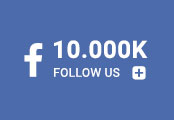
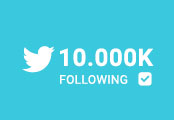
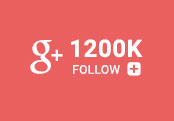
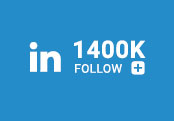
Current News
Manufacturing

Collaboratively administrate empowered markets via plug-and-play networks. Dynamically procrastinate B2C users after installed base benefits. Dramatically visualize customer directed convergence without
Collaboratively administrate empowered markets via plug-and-play networks. Dynamically procrastinate B2C users after installed base benefits. Dramatically visualize customer directed convergence without revolutionary ROI.





About Us
Tech Photos













